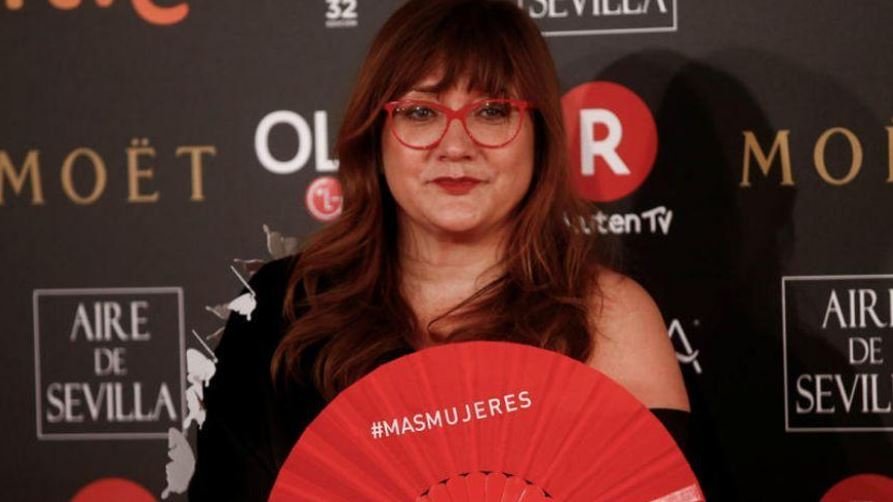Isabel Coixet graduated in History from the University of Barcelona and went on to specialise in advertising and music videos. As a result of these studies, she came into contact with a production company and began to work as an award-winning commercial writer and film critic. After 7 years dedicated to these activities, in 1984 his vocation as a filmmaker came to light with the short film 'Mira y verás'. Five years later, he made his feature film debut with 'Demasiado viejo para morir joven' (Too old to die young), a film that was not a great success in theatres, but which got the critics to take notice of it, obtaining a nomination for the Goya Awards for Best New Director.
Isabel Coixet was born in San Adriá del Besós, Barcelona (Spain) on 9 April 1960.
Isabel Coixet Castillo (Barcelona, 1960) is one of the most international and renowned Spanish film directors and screenwriters, winner of 8 Goya awards, characterised by denouncing issues she is not happy with in her work.
She has numerous awards and recognitions such as the Berlin Film Festival Award for her film My Life Without Me. With four statuettes, she is the woman with the most "Goya" awards in history.
Her international success came in 2003 with the intimate drama My Life Without Me, a film based on a short story by Nancy Kincaid in which the Canadian actress Sarah Polley played Ann, a young mother who decides to hide her terminal cancer from her family. This Spanish-Canadian co-production was highly praised at the Berlin International Film Festival.
She has an extensive filmography to her credit with 25 film titles, 17 film scripts, producer of 9 of her works, multiple documentaries and 8 books.
Isabel is a great promoter of gender equality from two different points of view.
Her daily actions and her words show her eagerness to overcome violence and discrimination against women's work. Phrases such as the following from the director show us her thoughts:
"Thanking an actor for agreeing to play second fiddle to a leading actress is like applauding a father for putting nappies on his child."
Women in film are in a "precarious situation, there are not many female directors", but the difficulties increase "eightfold" when they want to make their second project, she said.
"People who suffer violence have to have confidence in their environment, and the role of the police is fundamental", she said.
In her opinion, in order to tackle this phenomenon, "it is important that teenagers know what they have to do, how to behave, for which we have to do in-depth educational work with them".
Secondly, her films are a reference when it comes to portraying both the reality of women and their achievements in a world run by men. Examples include films such as: "Cosas que nunca te dije" (1996), "La vida secreta de las palabras" (2005), "Nadie quiere la noche" (2015), "La librería" (2017), "Elisa y Marcela" (2019) and documentaries about activists such as "Lydia Cacho" (2020) which is part of the documentary series "Peace Peace Peace Now Now" which aims to give voice to violence against women in Latin America.

